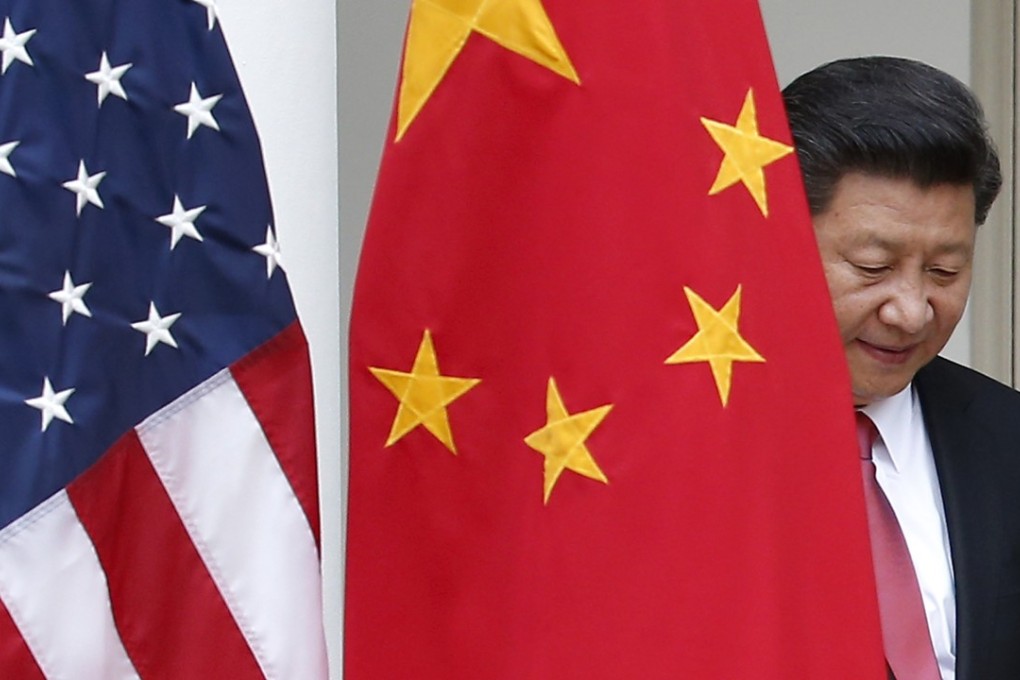From doves to hawks: why the US’ moderate China watchers are growing sceptical about Beijing
- Constitutional amendment on presidential term limits as well as activity in the South China Sea have caused a shift in perceptions
- China’s ‘repression at home and aggression abroad’ have intensified the conflict with the US in recent years, observer says

As Beijing faces an uphill battle with China hawks in Washington, it is also losing support among moderate members of the policy community, including some of the most vocal advocates of engagement with China.
The discontent over Beijing’s assertive policies has grown beyond trade and investment to broader strategic and political areas, despite a divide over specific approaches US President Donald Trump’s administration has taken towards Beijing.

Former senior officials, diplomats and well-established scholars who have dealt extensively with China are changing their positions amid discussion of a frequently asked question in Washington: has engagement with China failed?
These shifting views have varying causes – some based on values, some on security concerns and some on constricted access to China’s information.
The growing scepticism towards China has shaped Washington’s atmosphere at a critical point in bilateral ties, as the world’s two largest economies have begun a 90-day truce as they try to negotiate a end to the trade war.